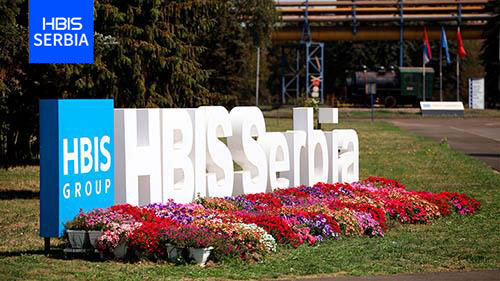

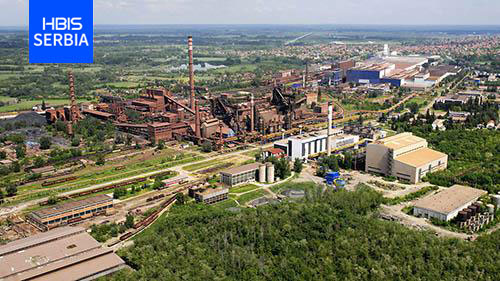
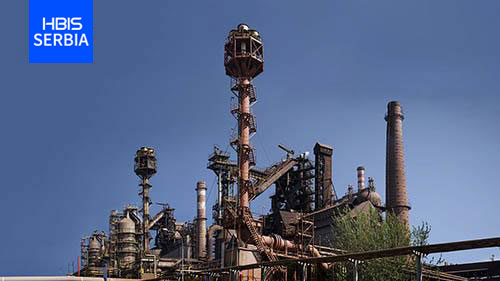
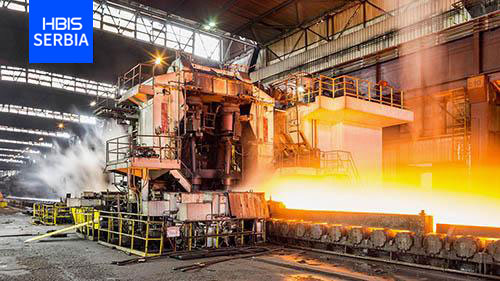
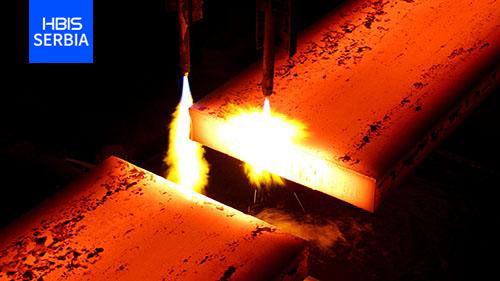
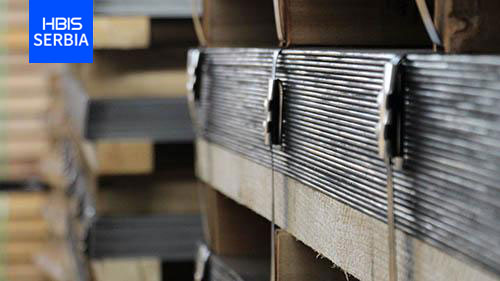
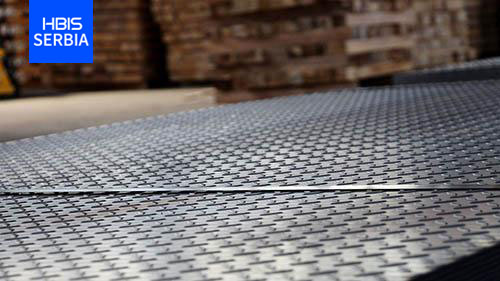
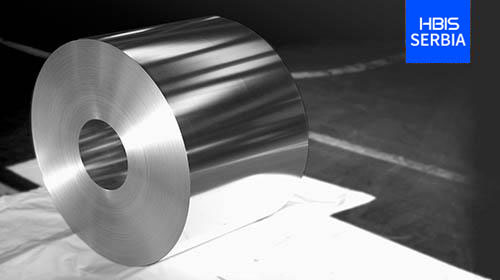
June 5, 2024
The third session of the Metal Processing Section of the Regional Chamber of Commerce for the Braničevo and Podunavlje administrative districts was held in Smederevo on June 5. Ljubica Drake, the General Manager of Environmental Protection at HBIS Serbia, spoke about the company's efforts on green steel, greenhouse gas emissions, the initiation of the company's reporting under CBAM, and numerous challenges.
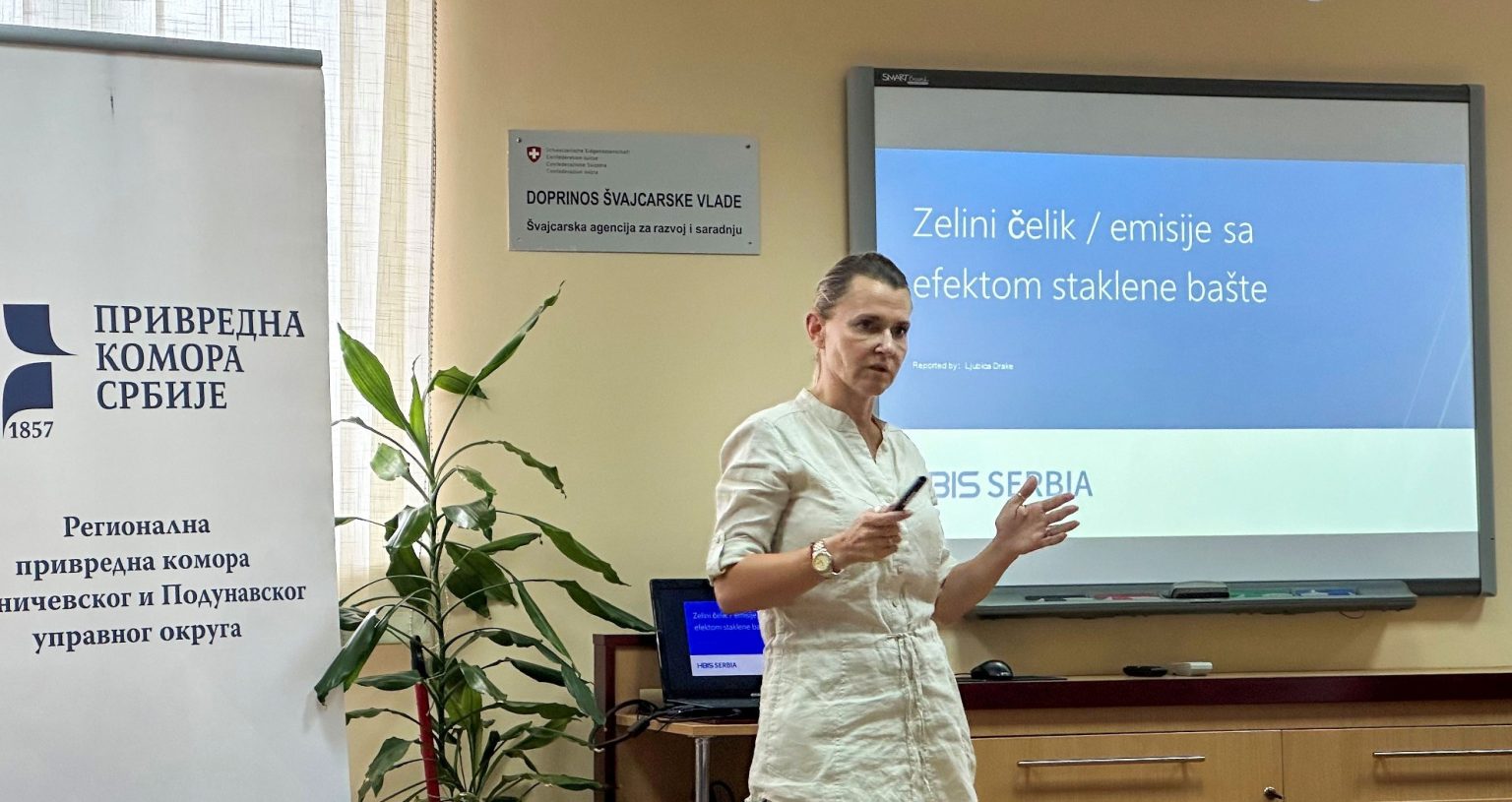
Ljubica Drejk emphasized that regarding CBAM (Carbon Border Adjustment Mechanism), different industries must collaborate and work together on these issues, stating, "If we make plans aggressively, for which we know wont be able to achive, I fear that our country's industry will come to a halt." She stressed the need to influence relevant ministries and the government through the Chamber of Commerce to recognize the problems that companies in Serbia face concerning CBAM reporting and GHG emission in general.
"HBIS Serbia is committed to green transition; we are working on it, but all this can be much easier with the support of the relevant authorities. China is extremely advanced in green steel production compared to the rest of the world. For us to be able to catch up with the developed steel industries in Europe, China, and America, we need time and understanding to implement this. Support has to be in realisticly analised the situation where we are currently, set the realistic goals and dead line for achiving them, as well financial support. That is the princip in EU and same model should be implemented here as well" Drake said.
"At HBIS Serbia, we have already made investments that have led to a reduction in carbon emissions. The New Sinter Line and the Walking Beam Furnace, which replaced a push furnace at the Hot Strip Mill, use exclusively blast furnace gas, stored in the Blast Furnace Gas Tank and withdrawn from there. These three investments cost 300 million euros. We have improved our environmental impact, particularly on greenhouse gas emissions. In 2022, the amount of CO2 per ton of hot-rolled coil and sheet produced was 2.8 tons, and in 2023 it dropped to 2.3 tons of CO2 per ton," Ljubica illustrated the improvements achieved.
She also mentioned carbon reduction measures in production processes, stating that a development strategy and state support are necessary for implementing medium and long-term measures.
"We have introduced short-term measures that do not require significant investments. Since January, we have had a team for improving energy efficiency, which we formed to work on the utilization of energy and raw materials. At the Blast Furnace, we already have 18 kg less coke per ton of iron, thanks only to management practices. We also have many investments planned. We have started developing medium-term measures to reduce greenhouse gases, such as capital projects on existing facilities, like replacing the converter at the Steel Mill with a more modern one. Long-term measures would involve introducing new technologies for the production of low-carbon steel. We hope that Serbia will support this green transition," Drake said, concluding by informing attendees about the new technologies available in China.
Ana Raičević from the Chamber of Commerce of Serbia, the secretary of the Association for the Metal Processing Industry, provided comprehensive information on the current CBAM topic and then answered numerous questions. Companies in the metal sector are among the first affected by the need for reporting, as are their suppliers.
Patrick Van Menssel, president of the Metal Processing Section of the Chamber of Commerce for the Braničevo and Podunavlje districts, assessed that there are many challenges ahead, which this section can influence through the Chamber of Commerce to create a strategy on how to solve and overcome these industry's problems. "It is certain that CBAM will increase the cost of our products, and we need to find a way to remain competitive compared to companies already in the EU," concluded Menssel.